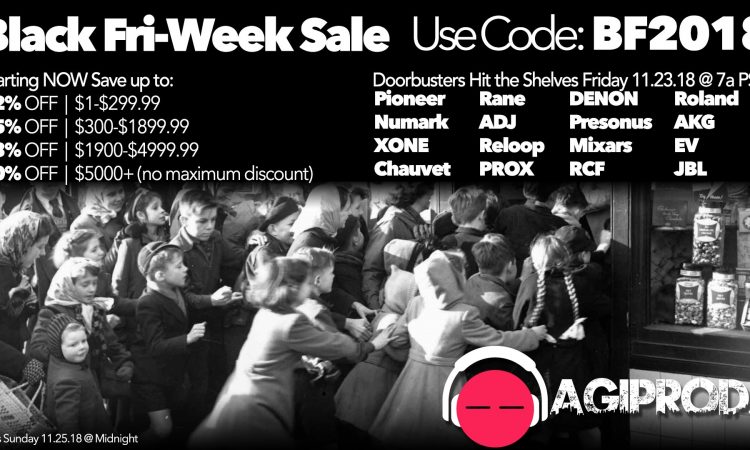A Tribe Called Quest had already released two singles from their 1990 debut, People’s Instinctive Travels and the Paths of Rhythm, before unleashing the album’s signature song, “Can I Kick It?” While “I Left My Wallet in El Segundo” and “Bonita Applebum” showcased the group’s goofy and sensual sides, respectively, “Can I Kick It?” remains the perpetual party-starter and exemplar of golden era call-and-response hip-hop.
But while the group drew from myriad samples — the drums and keys of jazz organist Dr. Lonnie Smith; the slide guitar of crate-digger staple Dr. Buzzard’s Original Savannah Band — it’s the bass line from Lou Reed’s 1972 Transformer classic “Walk on the Wild Side” that stands as the track’s most memorable and indelible element.
As A Tribe Called Quest member Phife Dawg tells Rolling Stone, Reed allowed the group to use the sample, with one condition.
“I remember with [record label] Jive, there was a problem with the sample being cleared,” Phife recalls. “I don’t think they cleared the sample, and instead of Lou Reed saying, ‘You can’t use it,’ he said, ‘Y’all can use it, but I get all the money from that.'” Phife says Reed took 100 percent of the royalties and publishing and “to this day, we haven’t seen a dime from that song.”
By 1990, Reed had been a fan of hip-hop for years. In author Peter Doggett’s Lou Reed: The Defining Years, the rocker said in 1984, “Some of the rap groups coming out of New York are touching on things that interest me and there’s some pretty good writing to be found in rap music.”
That same year, as documented in Dan Charnas’ essential hip-hop history book, The Big Payback, Reed hosted Rock Influences, a show on MTV asking musicians to invite their favorite groups to perform. Reed’s choice: Run-DMC. (Two years later, in 1986, Reed released “The Original Wrapper,” his sub–”Subterranean Homesick Blues” take on hip-hop.)
Looking back on the 25th anniversary of the album and its current reissue, Phife doesn’t begrudge Reed for his shrewd business acumen. “I’m grateful that [the song] kicked in the door, but to be honest, that was the label’s fault,” the rapper says. “They didn’t clear the sample. And rightfully so. It’s his art; it’s his work. He could have easily said no. There could have easily been no ‘Can I Kick It?’ So you take the good with the bad. And the good is, we didn’t get sued. We just didn’t get nothing from it.”
DOWNLOAD ON DMS



